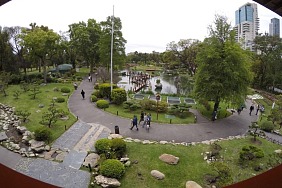In today’s digital age, remote working is becoming increasingly popular. As such, virtual meetings are an essential part of working remotely. Effective remote meetings depend on an organized and effective meeting agenda. This article will cover how to create an effective meeting agenda for remote teams, including best practices for frequency of meetings and topics for discussion.
How Often Should Remote Teams Meet?
The frequency of meetings depends on the needs of the team and the goals of the meeting. Generally, it is best to arrange weekly or bi-weekly meetings so that the team has ample time to complete tasks in between meetings. If a team needs to collaborate on a complex project, more frequent meetings may be necessary. It is important to ensure that meetings are kept short and to the point so that teams have time to address issues and move on to other tasks.
Creating an Effective Agenda
Creating an effective agenda will help ensure that the meeting is productive and efficient. An effective agenda should include a list of topics to be discussed, assigned individuals for each topic, and a timeline for each topic. This will help keep everyone on the same page and make sure that the meeting is effective and efficient. Additionally, an effective agenda should include a timeframe for the meeting, which will help ensure that the meeting does not run long.
Topics for Discussion
When creating an agenda, it is important to consider the topics that need to be discussed. Depending on the team and the project, topics may include project progress, task delegation, and collaboration. It is important to ensure that all topics are relevant to the meeting and that they are discussed in a timely manner. Additionally, teams should consider including a “questions and answers” segment at the end of the meeting to ensure that everyone has had a chance to voice any concerns or ask questions.
Conclusion
Creating an effective meeting agenda for remote teams is essential for successful virtual meetings. An effective agenda should include a list of topics, assigned individuals for each topic, and a timeline. Additionally, teams should consider the frequency of their meetings and topics for discussion. By following these tips, teams can ensure that their remote meetings are productive and efficient.














